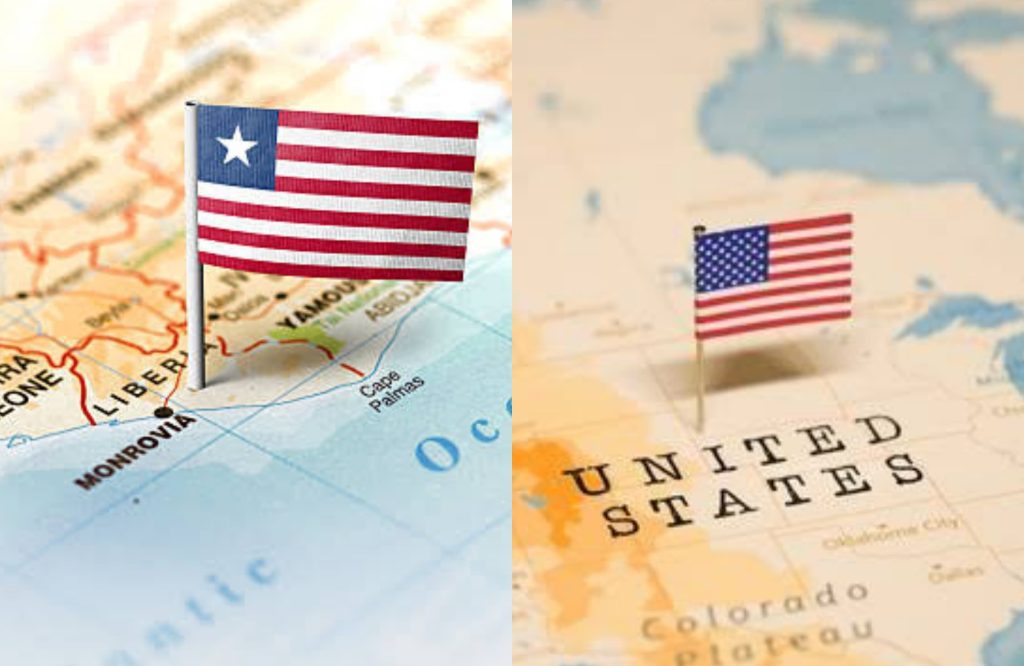As Donald Trump prepares to return to the White House, Liberia faces uncertainty regarding its future relationship with the United States. With indications that Trump’s second term may focus more on U.S. national interests than development aid, Liberia could experience significant changes in its diplomatic and economic interactions. This shift presents both risks and opportunities for the country.
Key figures like Peter J. Pham, a former Trump advisor now influential in Liberia’s resource sector, and tech magnate Elon Musk, whose company Starlink recently secured a digital license in Liberia, could play crucial roles in navigating this new era of U.S.-Liberia relations. These connections, however, could also complicate Liberia’s political and economic strategy as it balances competing interests from both U.S. and non-Western partners.
Strategic Relationships and Economic Opportunities
Pham, who advised Trump on African affairs, now chairs HPX, a mining company with operations in Liberia. His strong ties to Trump’s administration could help bridge connections with U.S. policymakers, potentially increasing Liberia’s access to Washington’s decision-makers. This could be critical as Liberia seeks to strengthen its relationship with the U.S. and attract investments in key sectors like mining.
Elon Musk’s Starlink has also secured a significant step forward by obtaining a license to provide satellite-based internet across Liberia. This development could revolutionize the country’s digital economy, improving access to education, healthcare, and trade. With Trump’s favorable stance on business and innovation, Musk’s initiatives could receive further support, pushing Liberia closer to its neighbors in terms of technological advancement.
Challenges in Trade and AGOA
One of the primary concerns for Liberia is the future of the African Growth and Opportunity Act (AGOA), which has provided preferential access to U.S. markets for Liberian agricultural exports. Trump has shown skepticism toward trade agreements, and his previous administration hinted at reducing U.S. involvement in AGOA. This could severely affect Liberia’s agricultural sector, which plays a crucial role in President Joseph Boakai’s agenda to build a self-sufficient, resilient economy.
To mitigate this risk, Liberia has also established a landmark deal with China to improve agricultural mechanization and expand production. This partnership could provide alternative pathways for growth, reducing the country’s dependency on the U.S. and offering new opportunities for trade and infrastructure development.
Foreign Aid and Infrastructure Development
Trump’s first term saw a reduction in foreign aid, and this policy is expected to continue. This poses challenges for Boakai, who campaigned on promises of infrastructure and healthcare reform. U.S. support has traditionally been crucial in these areas, but with potential cuts in aid, Liberia will need to seek new sources of funding, either through private sector partnerships or other international donors.
During the Weah administration, foreign aid was already limited due to governance concerns. Boakai’s commitment to transparency and anti-corruption efforts will be tested if aid levels decline, as he may have to rely more on domestic resources and support from other nations to fulfill his ambitious goals for Liberia’s future.
The War and Economic Crimes Court and U.S. Support for Governance
Under the Biden administration, the U.S. supported the establishment of a War and Economic Crimes Court (WECC) in Liberia to address past atrocities and strengthen democratic institutions. However, with Trump’s second term, the future of the WECC could be in jeopardy. Trump’s policy is likely to prioritize transactional relationships over governance-focused initiatives, which could reduce U.S. backing for such reforms. Liberia may have to turn to European and African nations for continued support in holding perpetrators accountable.
Diplomatic Tensions and Liberia’s Role on the UN Security Council
Liberia’s bid for a non-permanent seat on the United Nations Security Council could also face challenges under Trump’s presidency. The U.S. is expected to take a more pro-Russia stance, which could create diplomatic tensions for Liberia, as it seeks to balance its position on the council while maintaining its relationship with the U.S. Boakai’s ability to navigate these complexities will be critical in preserving Liberia’s role on the international stage.
Shifts in Democracy and Governance Support
While the Biden administration emphasized pro-democracy efforts in Liberia, Trump’s return to power could signal a retreat from such initiatives. This shift may impact Boakai’s ability to strengthen Liberia’s democratic institutions and combat corruption. Without sustained U.S. pressure, Liberia may need to rely more on internal mechanisms and grassroots support to uphold governance standards.
Trump’s second term presents both challenges and opportunities for Liberia. While Boakai’s connections to key U.S. figures like Pham and Musk could open doors for economic and technological development, the shifting landscape of U.S. policy on trade, foreign aid, and governance will require careful navigation. How Liberia adapts to these changes could determine its path forward in the coming years.

